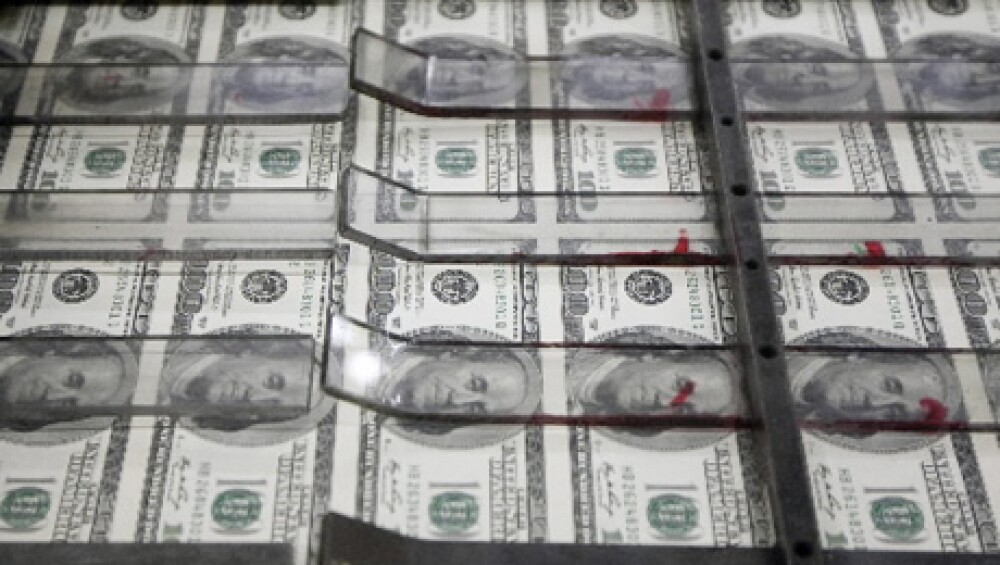The case for holding cash overseas in lieu of surrendering the repatriation tax loses force as time horizons extend. Companies cannot cite easily the ill consequences of paying a tax and also the virtues of a long-term investment outlook for institutional investors. Contradictions arise if customary assumptions are valid and shareholders lose big time.
Say that two thirds of the idle cash in corporate coffers is held abroad, or $867 billion. Bear in mind that at Microsoft $52 billion overseas at the end of 2011 represents 89 percent of its cash. Moreover, as cash overseas start slipping below two thirds of all the cash on hand, the argument for keeping it weakens.
Subject untaxed foreign earnings to a net 33 percent — Microsoft’s calculation in its 2010 10K. That leaves $581 billion in after-tax proceeds. Using historical performance, compare long-term results of allowing assets to remain in cash versus investment in productive assets. The median Treasury bill rates from 1991 through 2010 were 3.83 percent; the CAGR for the S&P 500 — a proxy for productive assets — in the same span was 11.04 percent.
Even after the 35 percent bite, proceeds reinvested in productive assets catch up with cash in year eight. In year 20, shareholders would be better off by nearly $2 trillion, the excess in the value of productive assets over the value of assets left in cash for all the reasons that justify giant cash balances. Bringing it home also features the multiplier effect: put the cash to work in the U.S. and it will find its way to money managers and investors who will earn money and spend it.
To be sure, lots can happen over 20 years. Such assumptions are risky. But retirees who will want an extra $2 trillion in 2031 celebrate their 45th birthdays in 2011. What’s more, interest rates today lag far behind the median. To catch up with historical returns, rates would need to surge in later years. Meantime stalled growth in the U.S. and Europe currently dampens the value of productive assets. Waiting to see what tax reforms Congress might or might not bestow sounds prudent, but if investors lack cash to invest before a market rebound, maybe not so wise.





